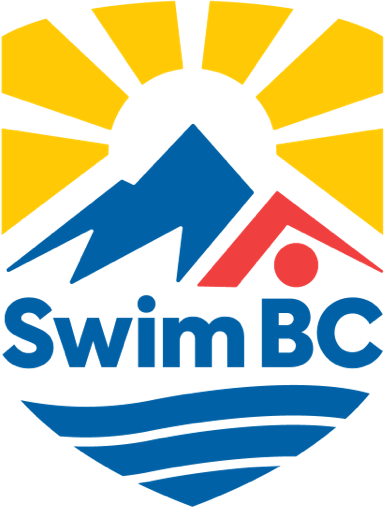MASTERS SWIMMING FINA TOP 10 FOR 2020
FINA has released their rankings for the Top 10 Masters performances from 2020. More than 30 BC Masters Swimmers made the Top 10 Rankings for 2020. They will each receive a letter of congratulations from Swimming Canada and a crest from FINA. Big congratulations from Swim BC on this tremendous achievement and we can’t wait to see Masters back in the water soon. You can find the list of the athletes recognized below, and you can find the full FINA Top 10 rankings here (SCM | LCM).| Katie McEvoy (VICM) |
| Kelly Geisheimer (HYACK) |
| Alexandra Dimitrescu |
| Serena Brendaglia (HBSC) |
| Lauren Westmacott (VICM) |
| Cindy Mabee (VICM) |
| Sam Goski (VICM) |
| Sarah MacDonald (VICM) |
| Linda Wilson (WRW) |
| Pauline Lotbinière Joly (WIN) |
| Theo Manley (WRW) |
| Hella Versfeld (VERN) |
| Nancy Ryan (NEBB) |
| Yvonne Cattrall (VICM) |
| Anne Fabre (VICM) |
| Conny Stamhuis (OKAN) |
| Craig Brazier (HBSC) |
| Gabrio Mannucci (HBSC) |
| Vlad Shirokov (HBSC/DYNA) |
| Rob Charland (DOGW) |
| Scott Cosper (VICM) |
| Peter Van Dyke (HBSC) |
| Glenn Carlsen (PENT) |
| Rod Carmicheal (VICM) |
| Daniel Brimm (WIN) |
| Steve Rasmussen (WIN) |
| Alan Morris (NSM) |
| Arthur Ray (WRW) |
| Jack Kelso (DOGW) |
| Karl Donoghue (PENT) |
| Erika Korbely (HYDE) |
| Carl Waterer (LOCO) |
| Aldert Dykstra (HYDE) |
